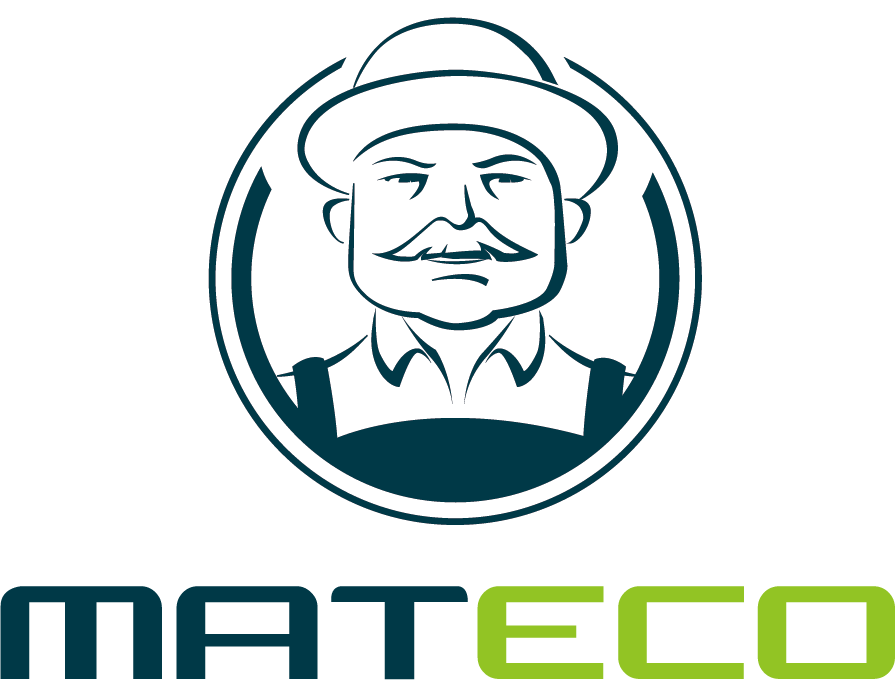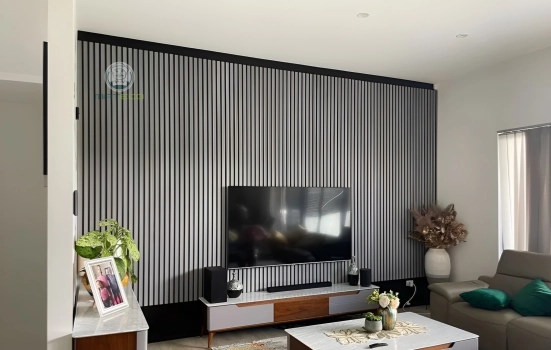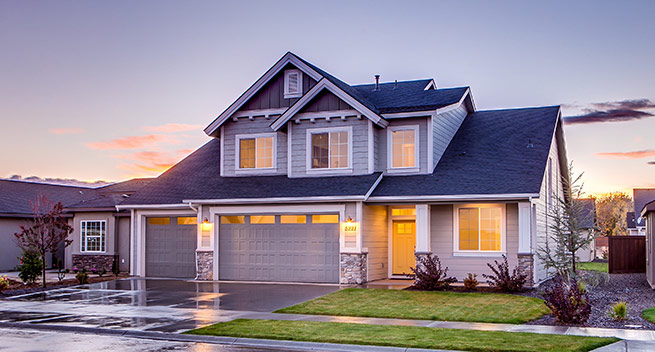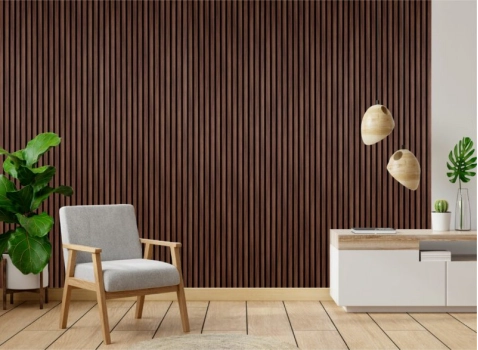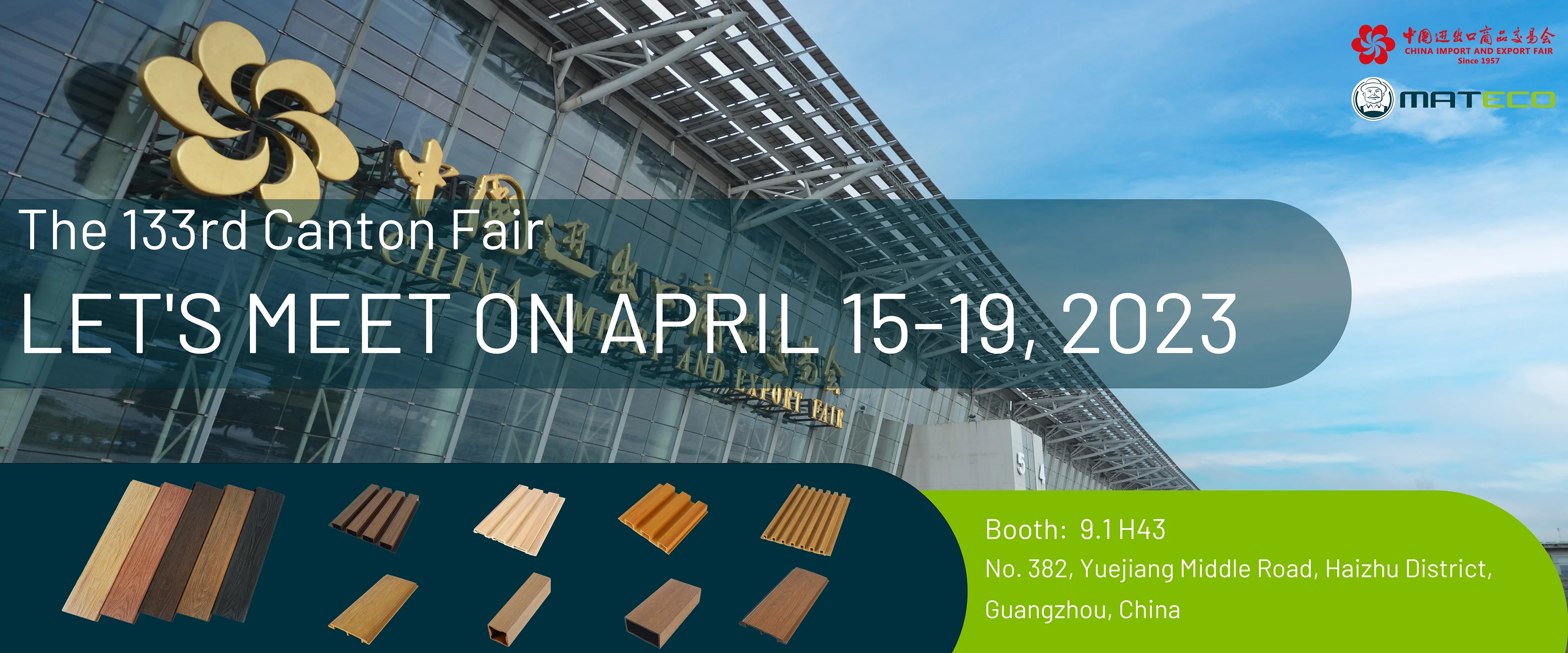Floating Decks vs. Fixed Decks: Which One is Right for You
One of the key decisions a homeowner must make when building an outdoor deck is whether to choose a floating deck or a fixed deck. Both options have their pros and cons, so the final choice depends on factors such as your budget, landscape, long-term goals, and how you plan to use the deck.
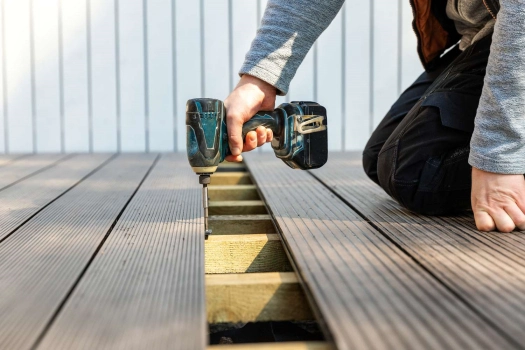
Table of Contents
What is a Floating Deck?
A floating deck, also known as a freestanding deck, is a structure that is not attached to any permanent foundation or building. It "floats" on top of the ground, supported by blocks or temporary footings, allowing it to adapt to slight ground movements. These decks are ideal for smaller, more flexible projects and can be a great DIY solution for those looking for a simpler installation process.
What is a Fixed Deck?
A fixed deck, on the other hand, is a more permanent structure. It is anchored to the ground with deep footings, often involving concrete or other permanent foundations. Fixed decks are usually connected to a building or home, providing a stable, long-lasting outdoor space. These decks are typically more durable and are designed for larger or more complex projects that require greater structural integrity.
Floating Decks: Pros and Cons
Advantages:
Ease of Installation: One of the biggest advantages of a floating deck is the simple installation process. Since it doesn’t require deep footings or permanent foundations, it's an excellent choice for DIY enthusiasts. You can set it up quickly by placing the deck on support blocks or temporary footings, making it a cost-effective and time-efficient option.
High Flexibility: Floating decks are not anchored to the ground, which allows them to adapt to slight shifts or movements in the earth. If the ground settles or shifts over time, you can easily adjust the deck. Additionally, if you decide to change your yard layout in the future, the deck can be moved or dismantled without much hassle.
Cost-Effective: Due to the simplified construction process and lack of complex foundation work, floating decks are generally more affordable. They are a great option for temporary or budget-conscious projects, where you don’t need the long-term stability of a fixed structure.
Suited for Varied Terrains: A floating deck can be placed on relatively uneven ground without the need for significant earthworks, making it suitable for installation on grass, gravel, or other soft surfaces.
Disadvantages:
Lower Stability: Since floating decks aren't anchored to the ground, they may not hold up as well against strong winds or significant ground movement. They may require periodic adjustments or maintenance to remain level, especially in areas prone to weather fluctuations.
Height Limitations: Floating decks are typically built close to the ground. If you're looking to build a high deck (more than 1 meter), floating decks may not provide the necessary support and stability.
Reduced Durability: Over time, floating decks may shift or settle, especially in harsh weather conditions. This can result in the need for frequent maintenance to ensure the structure remains stable.
Unsuitable for Steep Slopes: Floating decks work best on level or slightly sloped terrain. They may not provide enough stability on steep inclines or uneven ground.
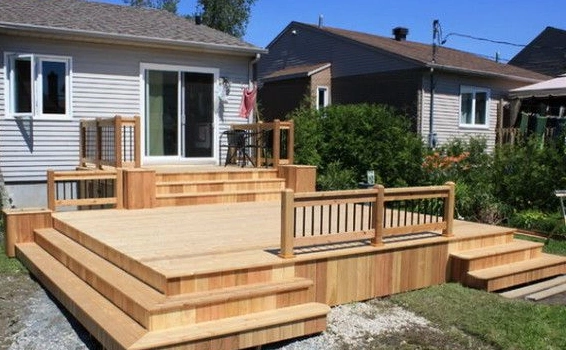
Fixed Decks: Pros and Cons
Advantages:
Greater Stability: Fixed decks are anchored deep into the ground, often with concrete footings or piers, which gives them a solid foundation. This makes them incredibly sturdy, even in adverse weather conditions or on shifting ground. This stability is perfect for heavy-duty usage, such as outdoor gatherings, furniture, or even a barbecue setup.
Height Flexibility: A fixed deck can be constructed at any height, making it suitable for sloped or uneven terrain. You can easily build multi-level or elevated decks, which are harder to achieve with floating decks.
Long-Term Durability: With a well-constructed foundation, fixed decks have a longer lifespan and require less maintenance over time. As long as you take care of the surface material (e.g., sealing or painting), these decks can last for decades with minimal intervention.
Increase in Property Value: Since fixed decks are often viewed as permanent additions to a home, they can increase the overall value of your property. A well-designed deck can enhance both the aesthetic appeal and the functionality of your outdoor space, making it a valuable investment.
Disadvantages:
Complex Installation: Installing a fixed deck requires more labor and technical expertise compared to floating decks. You’ll need to dig deep foundations, pour concrete, and possibly involve professional contractors. This makes it a less DIY-friendly option.
Higher Costs: Due to the more intensive construction process and the need for more materials, fixed decks are typically more expensive to install. Complex designs or challenging landscapes can further drive up the costs.
Lack of Flexibility: Once a fixed deck is installed, it's there to stay. If you want to change the layout of your yard or modify the deck’s position, it can be difficult and expensive to move or remove it.
Less Tolerant of Ground Movement: Unlike floating decks, fixed decks don’t adapt well to ground shifts or settling. If the ground beneath a fixed deck moves, it can lead to cracks or structural issues that require significant repairs.
Decking Materials: What to Use
Wood (Timber)
Pressure-Treated Wood: Affordable and treated to resist decay and insects. Great for low-budget projects, but it needs regular maintenance (like painting or sealing).
Redwood & Cedar: Naturally resistant to decay and insects. They look great but are more expensive and still need care to keep them in good shape.
Hardwoods (Teak, IPE, Bamboo): Very strong and durable, perfect for high-end decks. However, they’re costly and hard to work with.
Composite Decking
Made from a mix of wood fibers and plastic, composite decking is a popular choice because it lasts long and doesn’t need much upkeep.
Pros: Low maintenance, no need to worry about rot or bugs.
Cons: More expensive up front, but it pays off over time.
PVC Decking
This decking is made entirely of plastic, making it super resistant to weather and rot.
Pros: Completely weatherproof and maintenance-free.
Cons: More expensive and doesn’t feel as natural as wood.
Aluminum Decking
Rare but very durable, aluminum decking is strong and lightweight, making it ideal for long-term projects.
Pros: Extremely durable, doesn’t rust, and needs no maintenance.
Cons: High cost and has a more industrial look.
Concrete and Tile Decking
Often used for fixed decks, especially around pools or on rooftops. These materials are tough and last a long time.
Pros: Very durable, resistant to weather and fire.
Cons: Expensive and can crack in cold weather.
Best Materials for Floating and Fixed Decks
Floating Decks: Pressure-treated wood, composite decking, or PVC are great choices. They’re lightweight and easy to work with, making them ideal for simpler projects.
Fixed Decks: For something more permanent, hardwood, composite, or aluminum materials are best. These materials can handle heavy loads and last for many years.
How To Install Floating Decks?
· Ground Preparation: Clear the ground and level it with gravel or sand.
· Place Deck Blocks: Use concrete deck blocks at support points.
· Build the Frame: Install a wooden frame on the blocks.
· Lay Decking Boards: Secure the decking boards onto the frame.
Features: Not fixed to the ground, easy to install, and movable.
How To Install Fixed Decks?
· Dig Foundation: Dig holes in the ground.
· Concrete Foundation: Pour concrete and set posts.
· Build the Frame: Build the frame on the fixed posts.
· Lay Decking Boards: Secure the decking boards.
Features: Fixed to the ground or structure, more durable, suitable for long-term use.
Conclusion
When deciding between a floating deck and a fixed deck, the choice comes down to your specific needs and circumstances. Floating decks are perfect for those looking for a quick, cost-effective, and flexible solution, especially in smaller or temporary outdoor spaces. On the other hand, fixed decks provide superior stability, durability, and long-term value, making them ideal for larger, more permanent projects.
If you are looking for a WPC manufacturer, MATECO will be your best choice.
WhatsApp: +86-13380085620
Email: info@matecowpc.com
